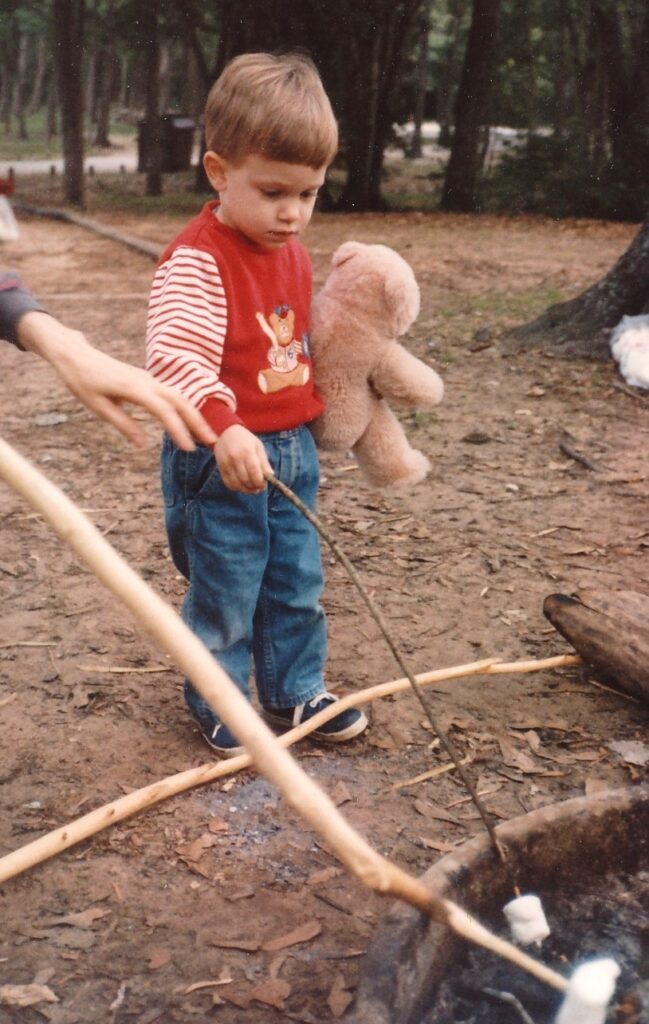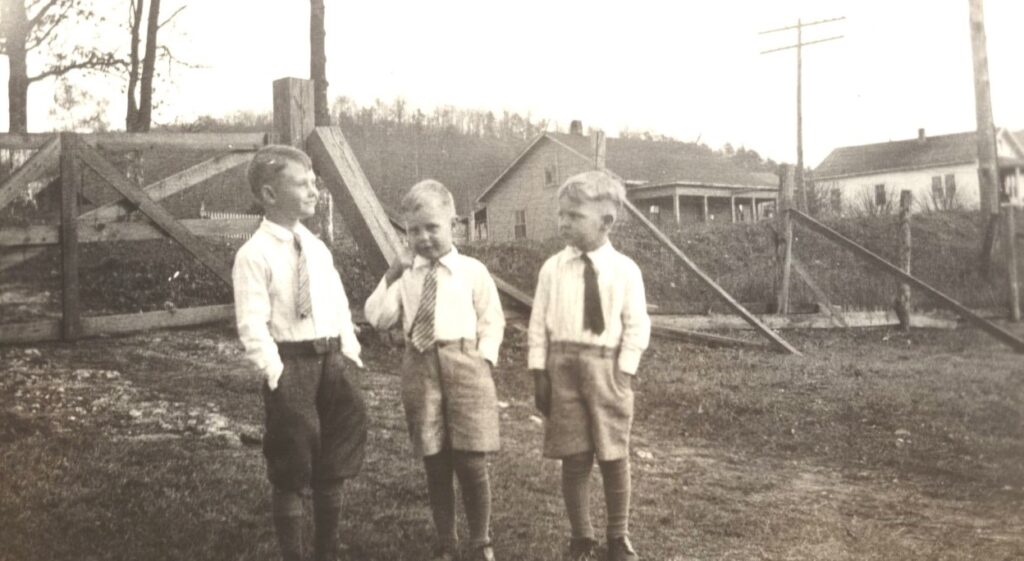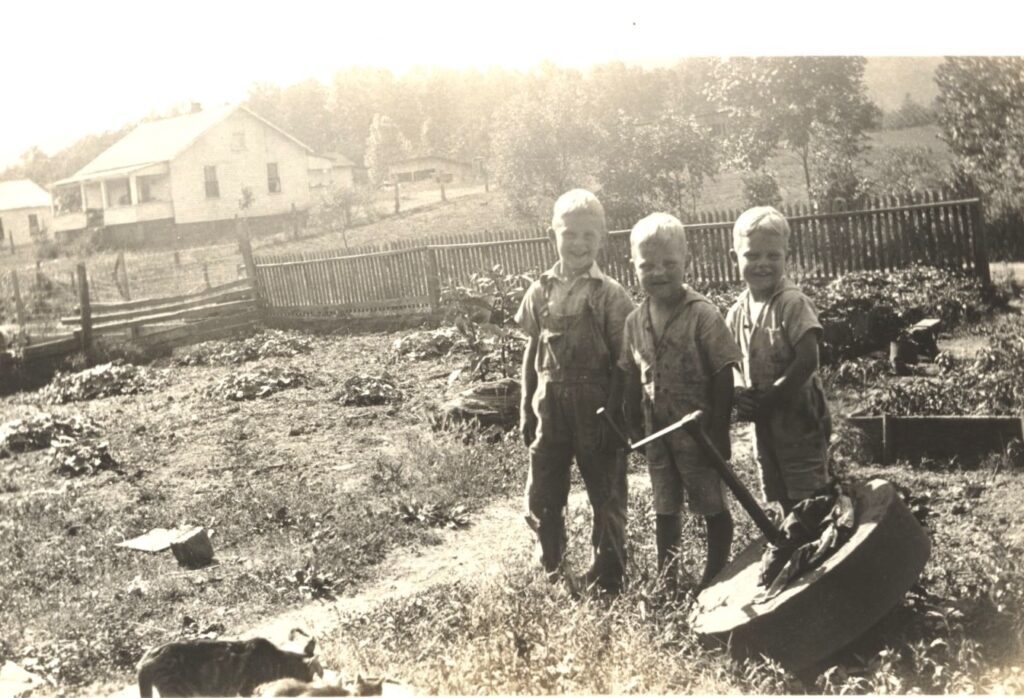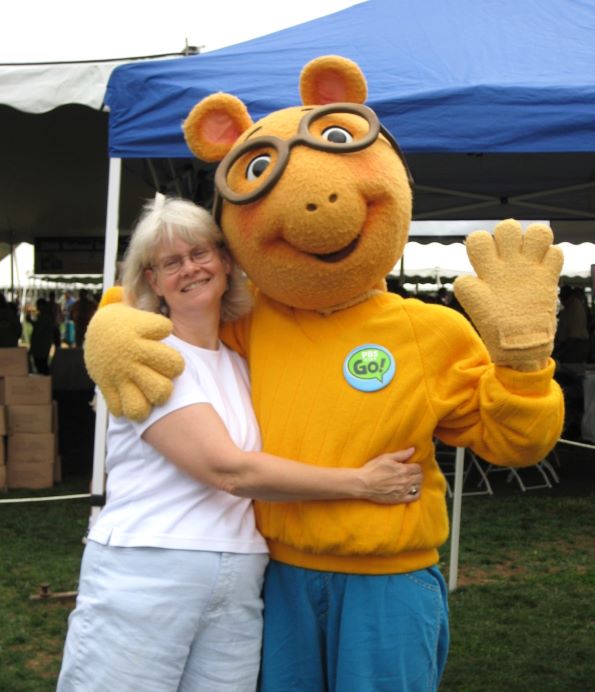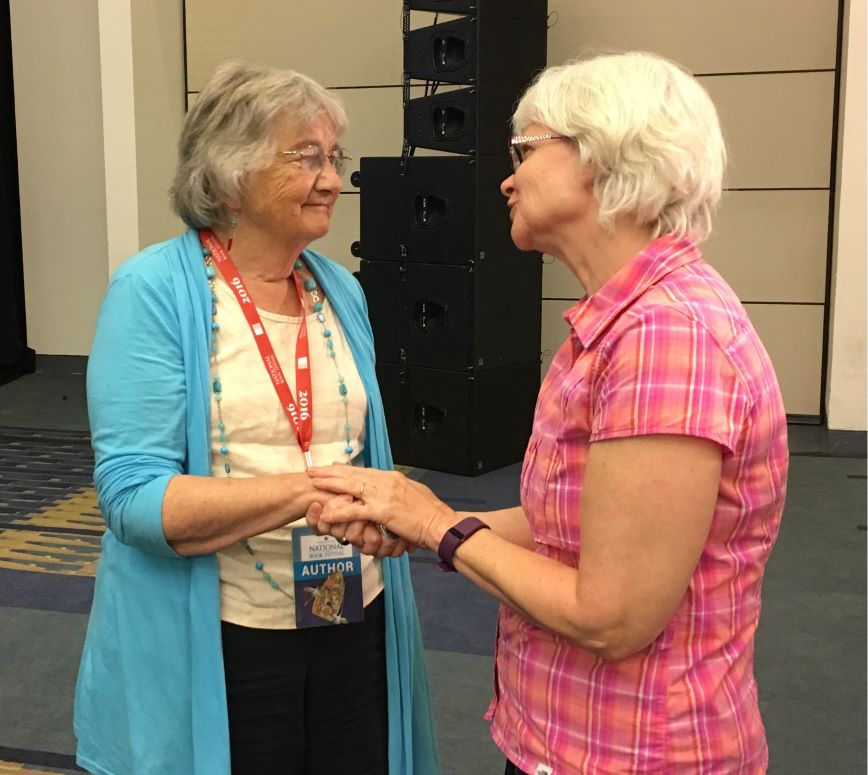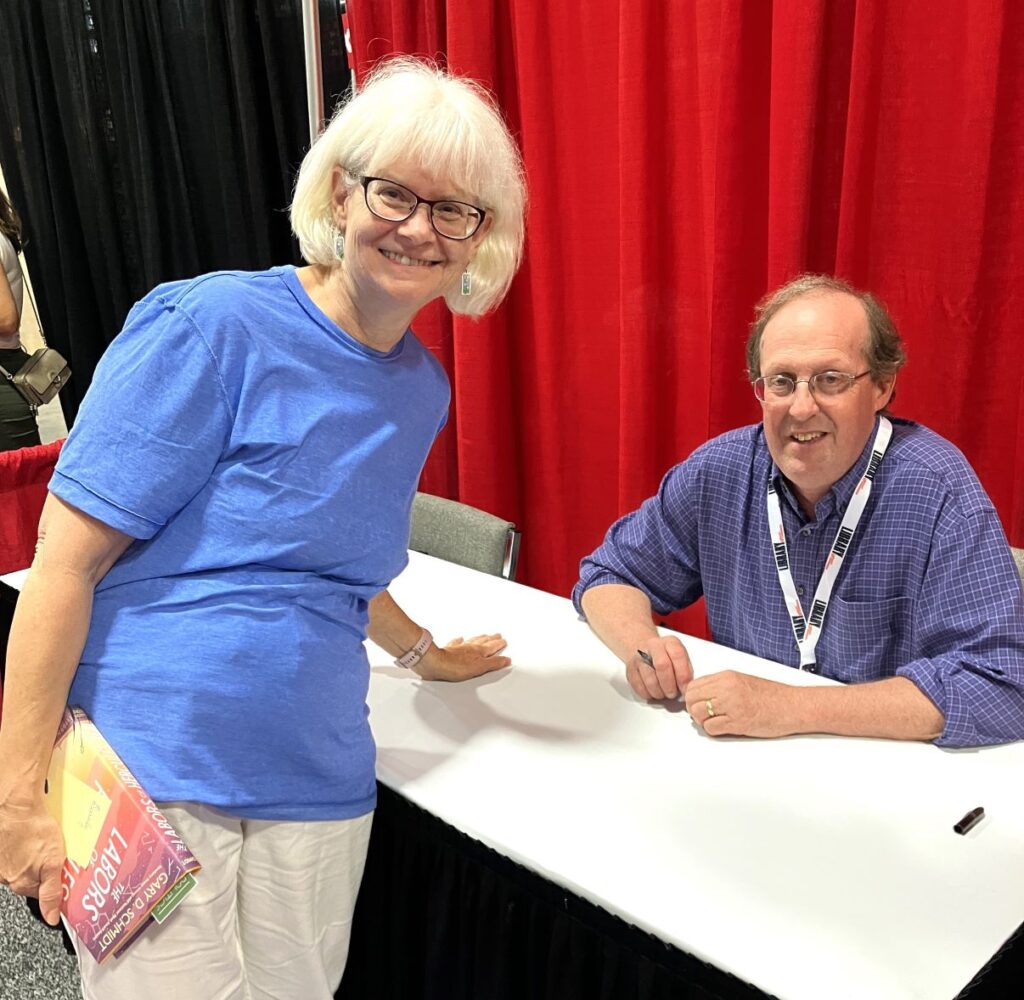But he [Rehoboam] abandoned the counsel that the old men gave him and took counsel with the young men who had grown up with him and stood before him.
1 Kings 12:8 (ESV)
And what was the result?
So Israel has been in rebellion against the house of David to this day.
1 Kings 12:19 (ESV)
For years, I did not consciously teach my children where to turn for counsel—except urging them to seek their brothers’ perspective on a particular topic.
That changed when my oldest two were departing for college. I urged them to consult their professors if they had trouble in a subject.
Next, I turned to the remaining child. Perhaps, I felt he was vulnerable without his brothers. I told him that if anything happened to my husband and me, whom he was to turn to and whom he was to ignore. I was specific about who could help with each area of his life. He took that to heart and still aggressively seeks counsel.
Thankfully, my earlier years of neglect did not cause harm.

I bless the LORD who gives me counsel; Psalm 16:7a (ESV)






